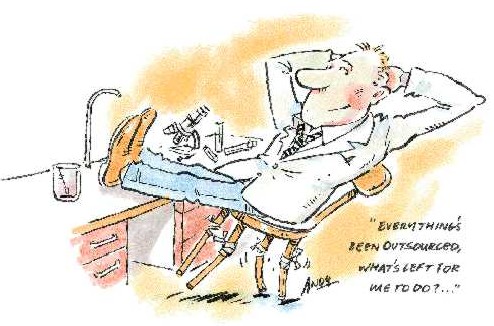Popular and intelligent high school student Henry Kwan ended his young life with just a pop of a synthetic drug (LSD).
Whether the drug is legal, pure or tested are all immaterial. Narcotics should never be circulated and taken by kids or layman without doctors' prescription for recreational or self therapeutic reasons. LSD poses more risk than controlled medicine, not something that you could obtain at the school backyard or on the internet.
Different people respond and react differently to drugs especially those of unknown composition and sources. Ordinarily, the drug maker who is likely to be a high school student or amateur chemist hoped that the consumer would get high and the chemicals wear off and does little harm. However, there will a number, albeit a minority, who would react adversely to bogus drugs. If not hallucination, psychosis, the effects could be respiratory difficulty or heart failure, as dangerous drugs are known for.
More will die and their distraught families will suffer for a long time if we hesitate to take strong action to stamp out the deadly malaise.
http://www.brisbanetimes.com.au/nsw/distraught-father-tells-of-teenagers-tragic-last-moments-20130607-2nvjp.html
For those who are observant or are logged into the grapevine of suburban gossips, it is not uncommon to see children as young as 10 to 12 doing drugs at the cafes and shopping centres.
The poison has been allowed to spread for a long time.
Shocking but it is the reality we live with but prefer to ignore or do not know how to deal with. There is too much freedom, lack of supervision and availability of easy money from doting working parents or grandparents, and teenagers' salaries for weekend work.
We have been cavalier and negligent because we did not think it will happen to us or in our vicinity. It is already too late to undo a dependency that is destroying our students and young professionals.
Many can still remember that a neurosurgeon was sentenced for manslaughter for supplying excessive amount of cocaine to a prostitute. If a medically trained personnel can be callous and inaccurate in diagnosing the safe level of narcotics for human consumption, how do we expect drug users to know better?
http://www.dailytelegraph.com.au/court-reduces-jail-sentence-over-neurosurgeon-suresh-nairs-cocaine-fueled-sex-sessions/story-e6freuy9-1226623391995
When individuals and peer groups cannot think clearly, self discipline or protect themselves, families and the state should step in to impose stricter rules and enforce them.
I am appalled, deeply concerned and disappointed that some adult businesses want to protect their financial interest more than compassion for accidental loss of human life.
Eros, the national adult retail and entertainment association, will distribute hologram stickers to mark packets of drugs that have been scientifically tested, implement an industry-wide ''code of practice'' for selling synthetic drugs and mount a legal challenge to proposed legislative changes that make it harder to sell the drugs.
Synthetic drugs are products containing chemicals artificially developed to mimic the effects of cannabis, cocaine and methamphetamine. They exist in a grey legal area because manufacturers tweak their recipes to circumvent illegal drug classifications.
One new synthetic drug emerges on the European market every week and the two drugs believed to be involved in Henry Kwan's death, 25I-NBOMe and 25B-NBOMe, are among hundreds coming in to Australia.
Nearly one in 10 17-year-old boys and one in 20 17-year-old girls admitted to taking hallucinogens in the federal government's survey of secondary school students last year.
http://www.smh.com.au/national/health/legal-high-shops-mull-200m-campaign-20130607-2nvi9.html
While schools assured that students have been educated not to be experiment with unknown drugs, the message has not impressed upon those who need most. Contrary to common assumptions, drug dealing is not confined to the defiant and academically poorer students but everyone is vulnerable to the temptations.
The abuse has reached uncontrollable proportions with higher incidence of abuses, but more so because we don't know who would be the next innocent and unexpected victim. No compromise and excuses can delay measures to cut off supply of synthetic drugs. This is a worldwide problem which every government and citizen must take responsibility in eradicating.
http://health.syr.edu/education/synthetic-drugs.html









